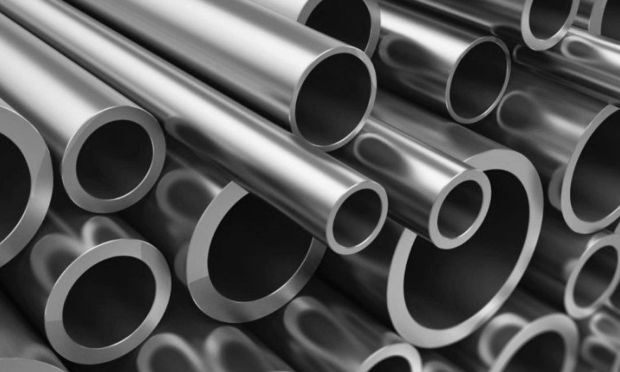While some industrial metal prices have fallen recently and are still suffering from the aftermath of Covid on demand, the longer-term picture is far from negative.
Unbridled sales of electric cars will play a critical role in fueling demand for metals such as copper, nickel and aluminum.
The environmental regulations for new cars already outweigh the Covid-induced slowdown of last year.
Why the electric car industry is important to industrial metals
In 2020, when traffic stalled and traditional car sales fell, electric car sales were still up over 40%. This summer President Biden Committed to driving half of all new US automobiles electric by 2030, a move supported by the US auto industry, which is already well positioned to produce such. The automotive industry will need significant amounts of copper and nickel to meet its production goals, while incentives such as subsidies and public funding for charging infrastructure will help boost sales of electric cars over the next decade.
The UK and the EU may have more ambitious goals than the US – in the UK all new cars must be electric by 2030 and in the EU by 2035, but the largest e-car market is China. If the EU sells around 15 million new cars a year and the US around 17 million, China surpasses this with annual sales of 25 million, and the trend is rising. The country plans to ensure 20% of all new cars are electric over the next four years, a decree the domestic electric car industry has adopted and is in line with its production plans.
Metals are needed for the infrastructure
Industrial metals are needed not only to build the actual cars, but also to ensure that these cars can be easily charged. The network of charging stations needs to be greatly expanded, from the small sockets built into the side of the houses to a much wider range of charging stations at every petrol station.
“The demand for active cathode material for batteries will be a determining factor for nickel in the next decade,” says Nitesh Shah, Research Director at the ETF provider WisdomTree. “In the past, nickel demand was dominated by steel production. Lithium-ion batteries require high quality nickel in the active cathode material. While batteries accounted for less than 10% of nickel demand in 2020 [International Energy Agency, 2021], they are likely to account for more than 30% of nickel demand by 2040 if we stay on the current environmental course. When the policy is fully aligned with the Paris Agreement (to limit the temperature rise to 1.5 ° C), battery needs will be more than 60% of nickel needs. The Paris Agreement is a legally binding international treaty. “
Shah says a typical electric vehicle contains almost four times as much copper wire as an internal combustion engine vehicle (according to the International Copper Association). “Upgrading the power distribution and transmission infrastructure will increase the demand for copper as vehicle fleets become electrified,” he says. “Copper is another major beneficiary of electrification.”
According to research by S&P Global, the growth of the electric vehicle market is set to increase copper demand by 1.84 million tons over the next five years, while the electric vehicle market’s impact on nickel demand is expected to be even more dramatic. By 2025, the demand for primary nickel could more than quadruple to around 450,000 tons, with the demand being met mainly by passenger cars with nickel-intensive batteries.
The largest PEV market in the world
“We forecast that global PEV sales will increase to 13.1 million units in 2025, with China regaining the top position as the world’s largest PEV market with 5.2 million sales compared to 5.0 million in the EU” says S&P Global. Electric car sales in the US are expected to benefit from stronger political support under the current administration, increasing from an estimated 720,000 units in 2021 to 1.3 million in 2025.
Copper trades at around $ 9,630 per tonne after falling above $ 10,000 / t in the summer when labor problems in the mines in Peru caused a short-term spike. Aluminum, a metal that continuously consumes a lot of electricity, has recently risen to $ 2,700 / t due to the cost of electricity. Nickel is trading at $ 19,700 / t.

